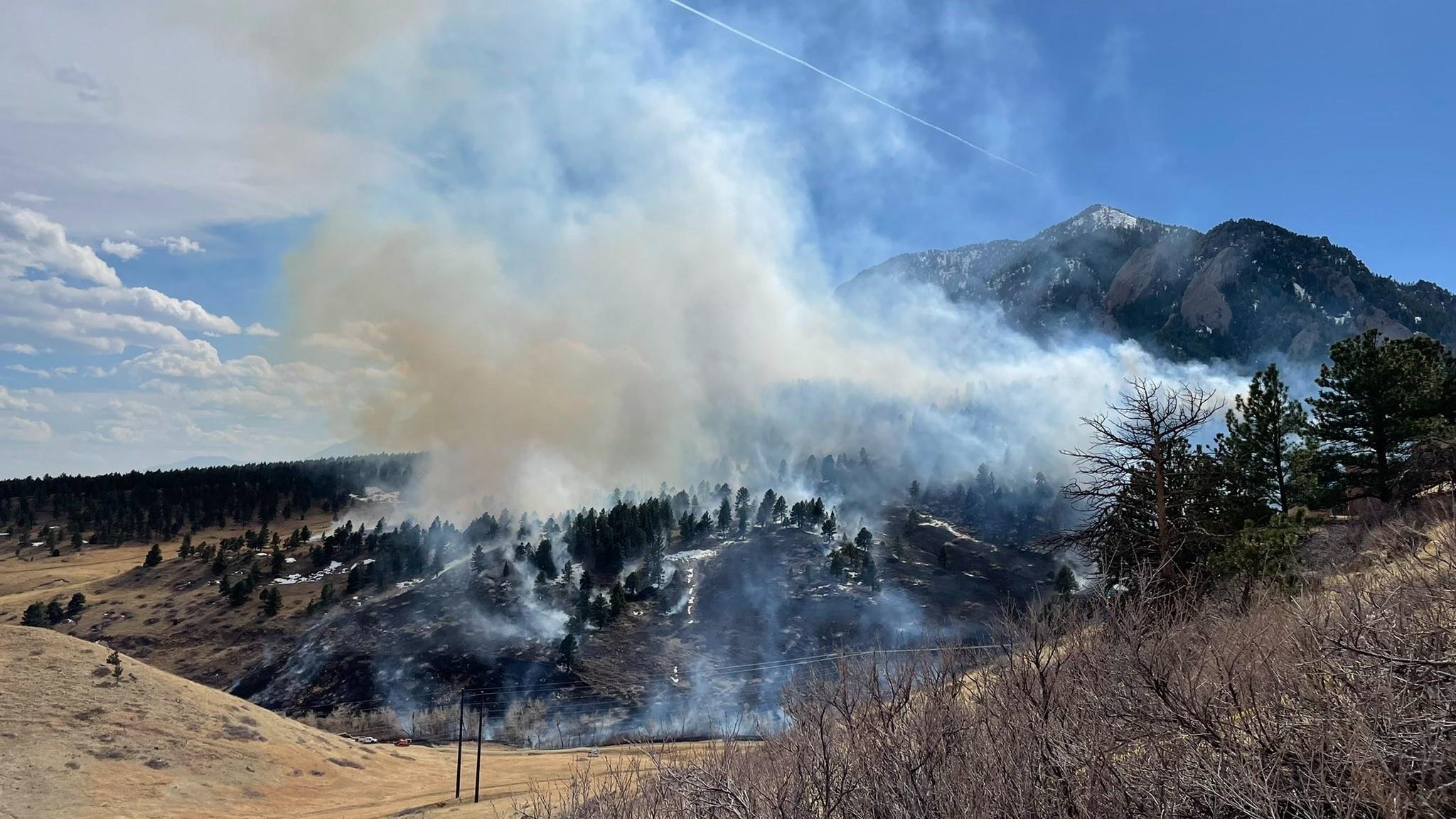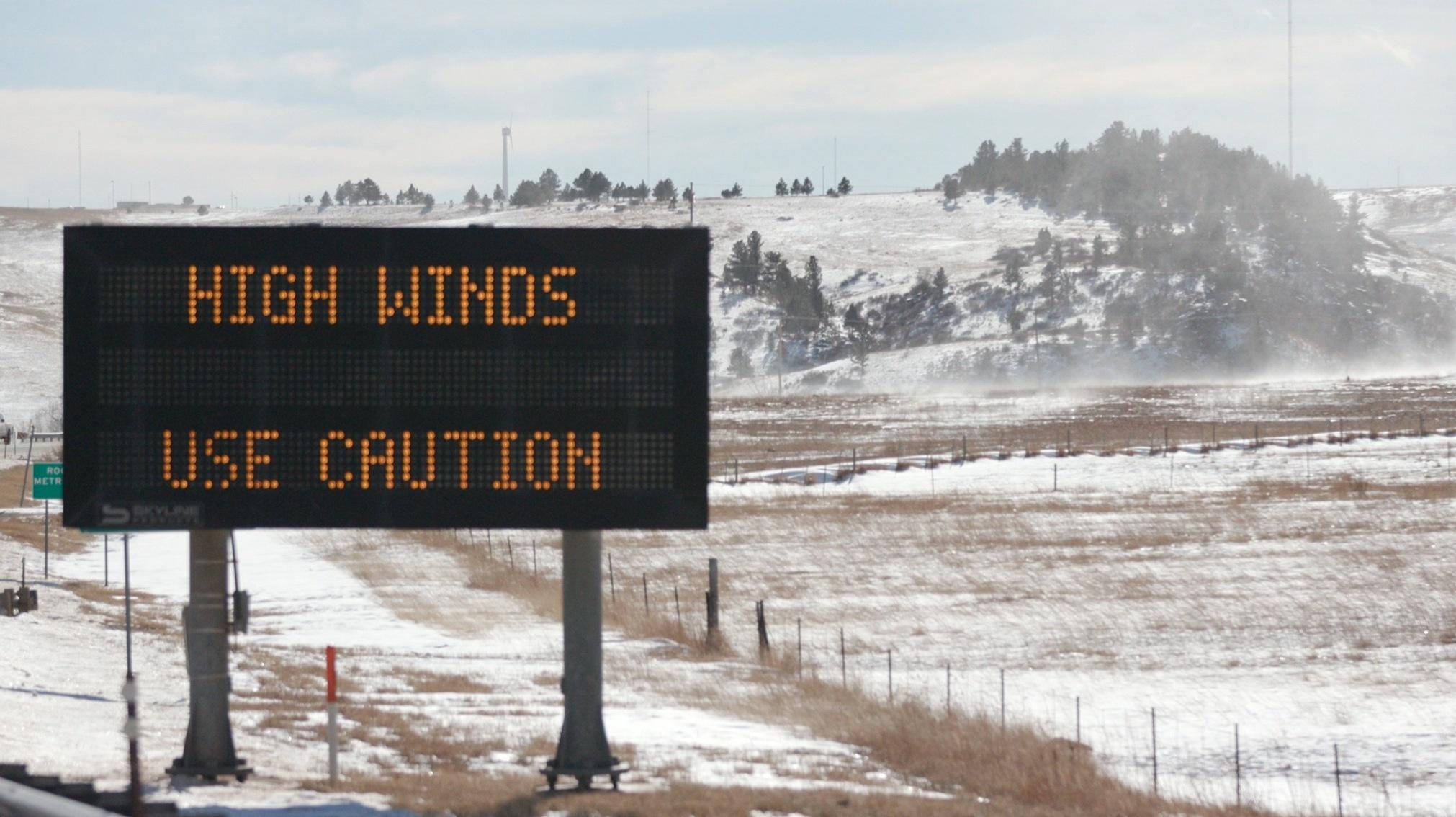BOULDER, Colo. — A wildfire broke out March 26 near the National Center for Atmospheric Research (NCAR) in southwestern Boulder.
First responders from across the Front Range arrived on scene to fight the fire, which is being called the NCAR fire. The fire started at about 2 p.m. Saturday. By 5:30 p.m., the fire had spread to more than 120 acres and was at zero percent containment. Officials said in a Monday morning press conference that the fire was at approximately 200 acres, but was about 35% contained. By Wednesday morning, it was 90% contained.
No homes were damaged in the fire and no injuries have been reported.
About 1,200 people were told to evacuate in the immediate aftermath of the fire, but the evacuation area quickly expanded along with the fire. By 5:30 p.m. Saturday, the evacuation area included 19,000 people and 8,000 homes, mostly in the Table Mesa area. By the end of the night, the evacuation area was reduced to include an estimated 1,629 people, 699 homes and 836 buildings.
At 5:00 p.m. Sunday, evacuations were lifted. Residents were allowed to return to their home but advised to stay alert if conditions changed.
Below is an up-to-date map of the burn area and any road closures.




